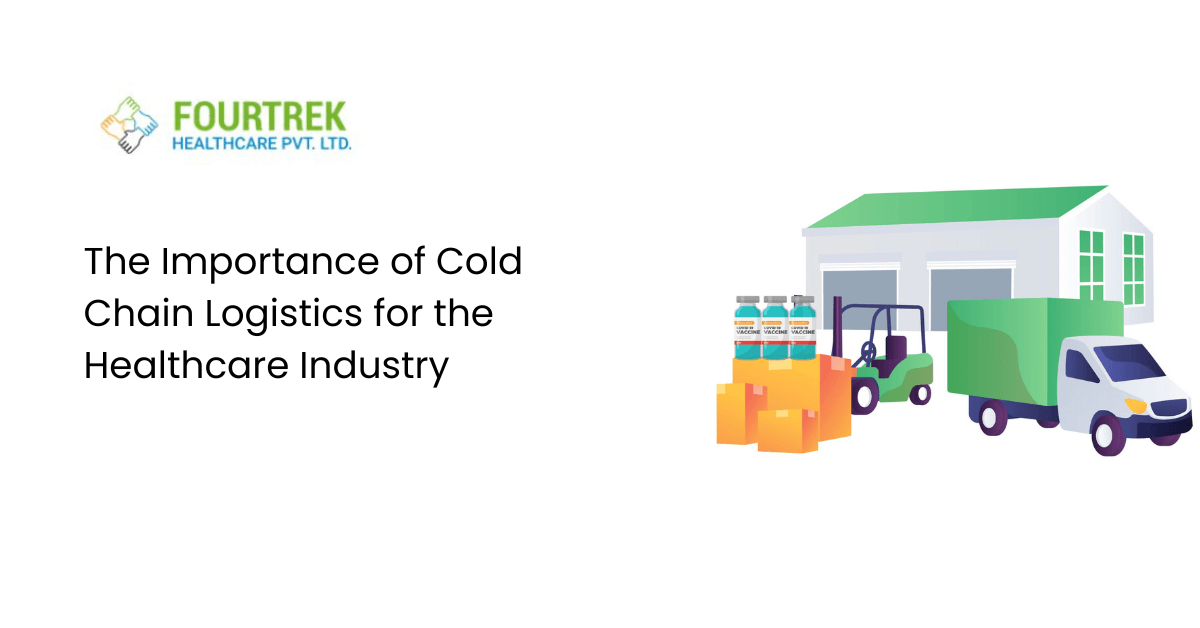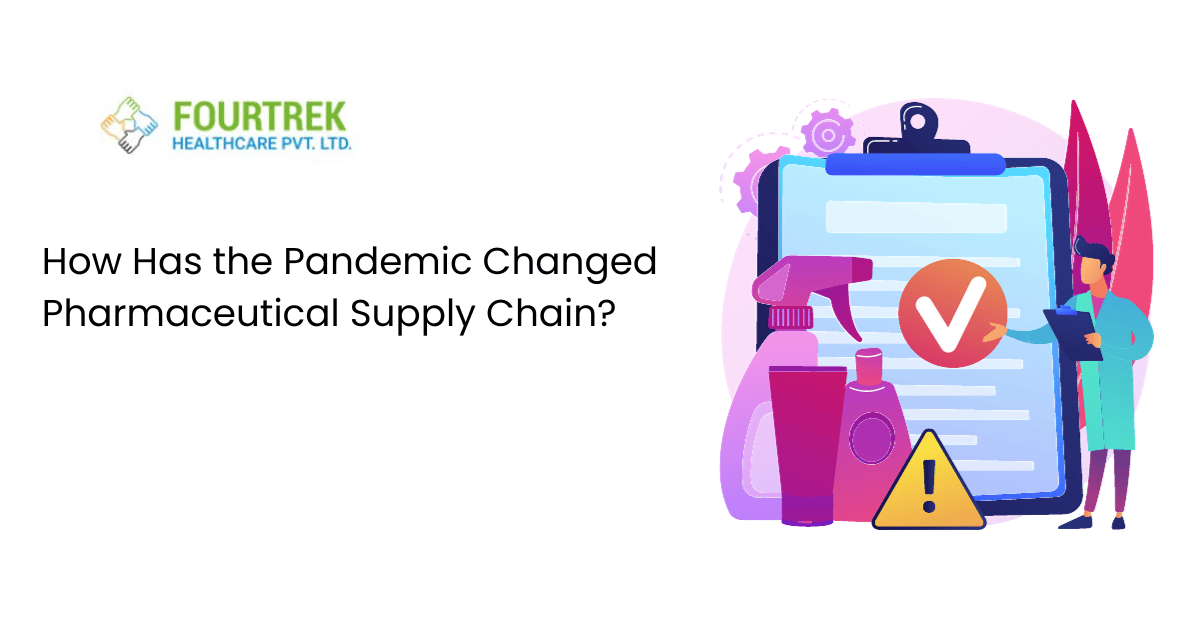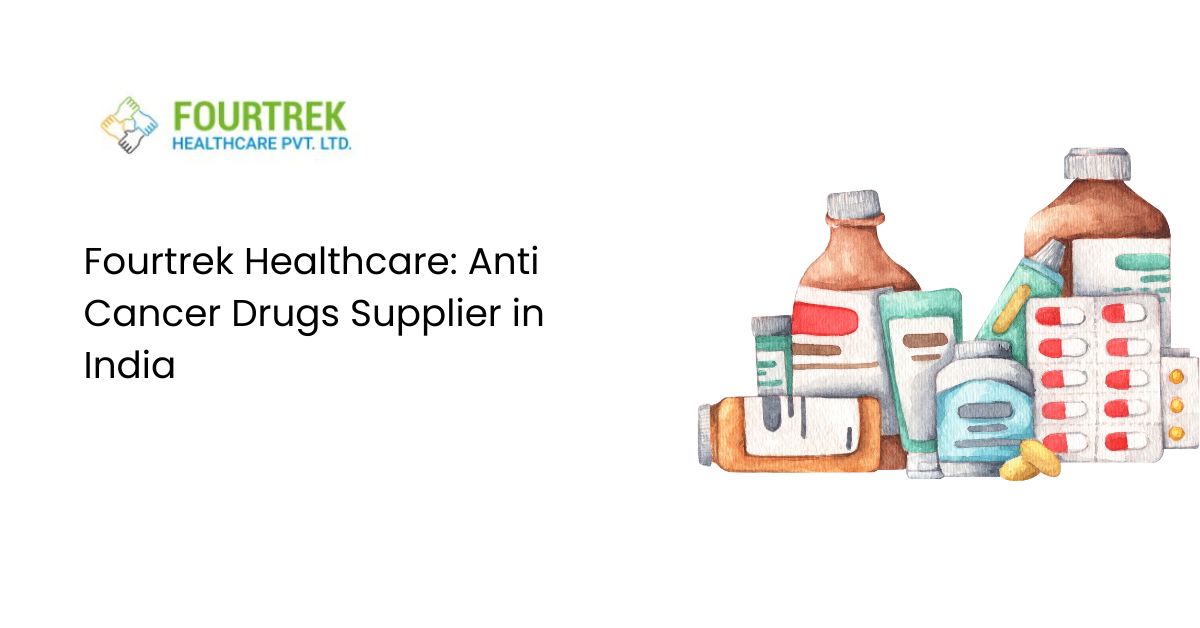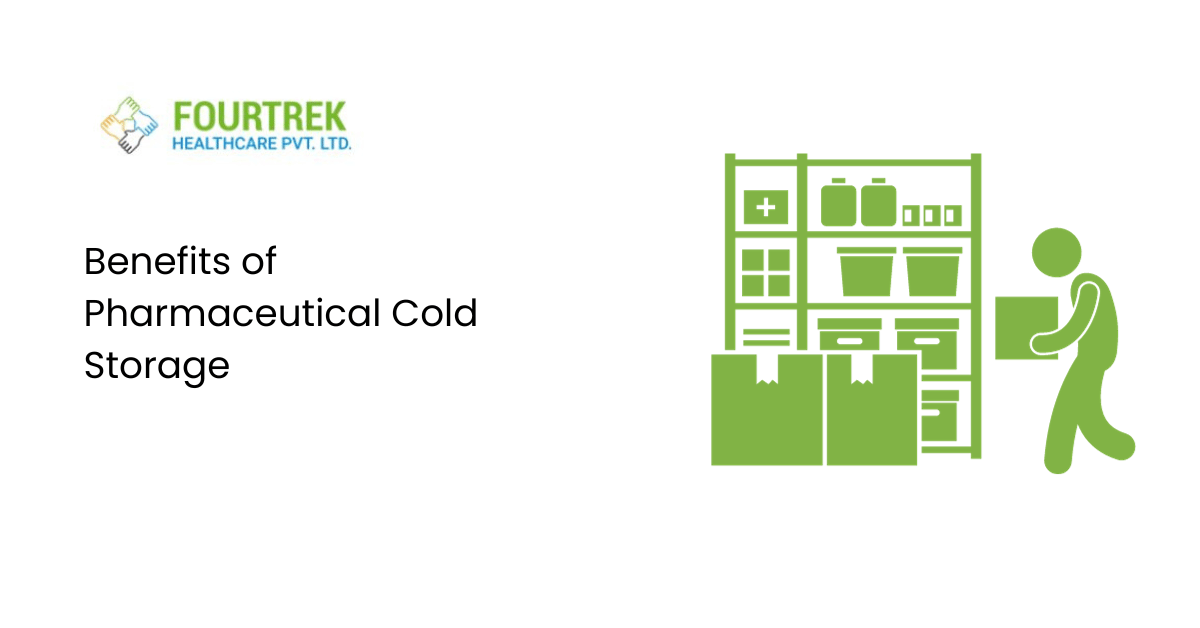20% to 40% of the products that make up that estimate are harmed before they are used by the final user. The quantity of pharmaceutical losses worldwide is enormous given the industry’s constantly rising global spending. If preventive logistical practices are not adopted to safeguard the items throughout both shipping and storing, losses might be anticipated to increase as well. You may maintain the integrity of your product, save money, and give patients better treatments by enhancing a focus on exact temperature monitoring, cold chain monitoring, and data logging through a Reliable Cold Chain Logistics Partner.
Standard pharmacy procedures
The typical course of events when a patient obtains medication from a pharmacy is as follows:
- They see the doctor, who examines them and issues a prescription.
- Consumers can either place an order in person at the drugstore or online by forwarding their prescription to a pharmacy.
- The chemists give them the medication.
The entire supply chain process that occurs between manufacturing and the pharmacy, or the management of medications that need to be kept in a controlled environment along the supply chain to keep them in the optimal condition for maximum efficiency, is the component that is not visible by end-customers.
Everyone participating in this process must be skilled at collaborating with suppliers and transporters, which has another consequence. The monitoring and reporting of data for their pharmaceutical supply should also be a priority.
Regrettably, unless everyone adopts a cold chain logistic, as we indicated in the introduction, a large portion of the supply may be at danger during the shipping process.
What Is the Need for Healthcare Industry to Adopt Cold Chain Logistics?
Compared to the goods of practically any other industry, pharmaceutical items are more sensitive to or vulnerable to a larger range of conditions. Many groups of medicines and medical items, including biologics, clinical trial samples, and biologics themselves, are particularly sensitive to heat, humidity, and even light. Yet, many compounds are equally susceptible to shocks and vibrations. These products can save lives, but because each one must be as close to perfect as possible, they are more difficult to research, develop, transport, and store. Nobody wants side effects from their drug that could be fatal.
Different raw materials and finished products may need to be stored at various temperatures in order to preserve their effectiveness. The pharmaceutical goods could become irreversibly contaminated by any change in this temperature or careless handling. This might lead to ineffective immunizations, the need to discard medications and other temperature-sensitive goods, or the loss of important data from clinical trials. In addition to this loss, you can face regulatory action and reputation danger.
you can also read : Ensuring Safe and Reliable Supply Chains: Fourtrek Healthcare’s Approach to Pharmaceutical Wholesale Distribution
How Important Are Cold Chain Logistics?
A paper in the journal Pharmacy and Therapeutics claims that it is challenging to determine the precise number of harmed pharmaceutical products. This is due to the fact that the actual amount would also include goods that are intended for end users but are insufficiently efficient. The figures are sure to differ depending on who and how produces the estimation. But, according to some authorities, the percentage is at least 20% and probably greater. What then are the causes of pharmaceutical product damage?
Damage can result from a wide range of circumstances. Some of them are:
- Exposure to temperatures outside the safe range.
- Dropped package during picking, packing, shipping, and receiving. This goes beyond simply keeping medications cold. Certain products need to be stored at room temperature. Certain things need to be chilled. Some must be frozen, though. The freezing of many cannot be permitted.
- Light exposure, which might cause some items to degrade
- incorrect humidity settings for products that need to be dry in the goods compartment
- transport-related shocks and vibrations that could cause packages to tip over or collapse.
What is the Solution to all these factors?
There is only one way to stop the damage, and that is to develop and enhance cold chain logistics.
Implementing cold chain logistics may help assure temperature monitoring and management at every stage of the process, whether your medical products need to be kept at constant room temperature or need to be chilled, frozen, or deep frozen.
Logistics for a supply chain for commodities that must be maintained at exact temperatures and/or humidity levels is known as cold chain logistics. This kind of supply chain is crucial in the healthcare industry as well, even though it has long been common in the food industry thanks to refrigerated vehicles and storage facilities for perishable goods.
The following are some of the several factors that the manufacturer, retailers, and occasionally even the final consumer must take into account:
- Methods of handling and storing vaccinations that are frozen and refrigerated
- Equipment considerations for things like thermometers and storage units
- Techniques for keeping the cold chain intact
- routines for processing and storing
- Inventory control and emergency protocols for safeguarding vaccine stocks
What a data logger does?
The integrity of these products can be preserved, waste can be reduced, money can be saved, health and safety can be improved, and cold chain solutions that combine temperature monitoring and data logging have a huge potential to do all of these things.
The best strategy to guarantee that pharmacy freight arrives safely is to include monitoring in the shipping procedure.
How might data logging aid in protecting pharmaceutical products from harm?
You can keep track of how frequently and when improper conditions are met by keeping an eye on the conditions under which pharmaceutical goods are carried. If you have that knowledge, you may use it to improve shipping conditions and avoid similar occurrences in the future.
In addition to truly being spoiled goods, many things deteriorate to the point where they are unsafe to use. Due of the risks involved in not knowing whether a thing is safe to use or not, even a hunch that it is useless results in its destruction.
Let’s now assume that you could more precisely ascertain whether a specific portion of your shipment is still useable. Just going from one measuring point to two doubles the likelihood that you can only detect a fraction of the shipment is useless.
The less likely it is that you will mishandle a product and lose it, the more precisely you can demonstrate that it is usable. Even a basic, obvious indicator of integrated monitoring encourages proper package handling.
Conclusion
Any temperature-sensitive logistics in general needs effective cold chain supply logistics with data logging. Even while the cost first seems like an extra expense, merely knowing which things can be utilized and which cannot increase your bottom line significantly because you get to reduce the number of products you have to consider spoilt due to uncertainty. On the other side, having all that information about how your operations are doing enables you to enhance them even further and makes you appear more transparent to regulators, business partners, and clients. For more information, visit our site Fourtrek Healthcare .








